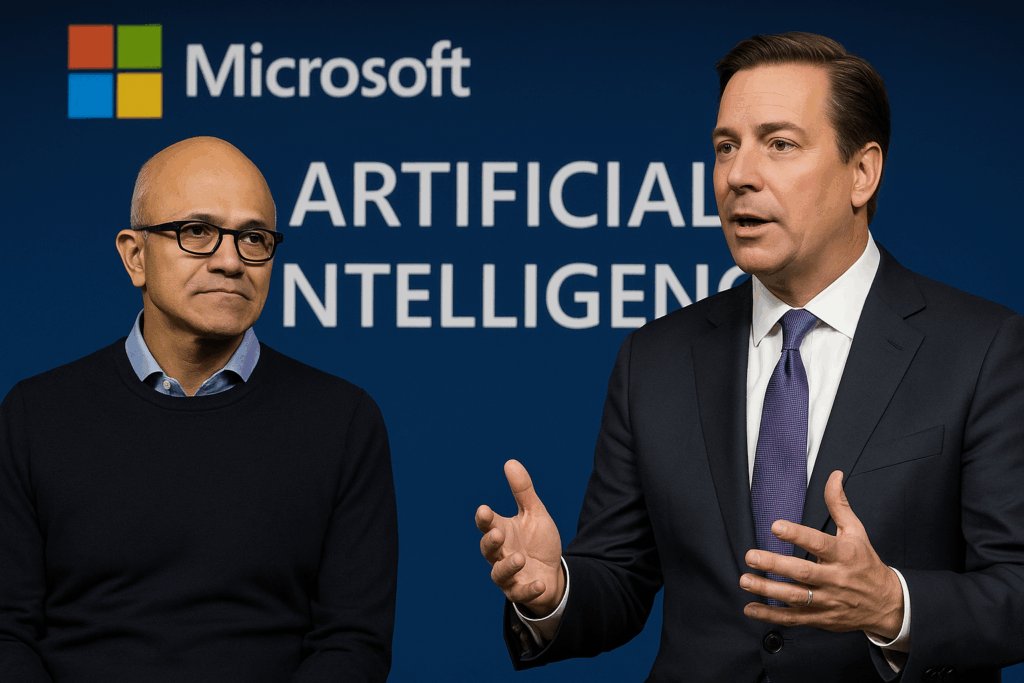Microsoft is reshaping its executive team to accelerate its AI ambitions, naming Chief Commercial Officer Judson Althoff CEO of commercial business. Announced on Wednesday by Chairman and CEO Satya Nadella, the change shifts sales, marketing, and operations oversight to Althoff, allowing Nadella and engineering leaders to focus on technical priorities.
Nadella called the move pivotal for Microsoft’s evolution. In a blog post, he said it would allow him and senior engineers to be “laser focused on our highest ambition technical work — across datacenter buildout, systems architecture, AI science, and product innovation.”
Althoff now leads a broad commercial team spanning engineering, sales, marketing, operations, and finance. Nadella said consolidation is crucial to maintaining pace during an AI-driven shift: “We are in the midst of a tectonic AI platform shift, requiring us to manage and grow our commercial business today while building the new frontier and executing flawlessly.”
Althoff, a Microsoft commercial veteran, joined in 2013 as president of Microsoft North America. In 2021, he unified global sales, marketing, and commercial operations. As CEO of commercial business, he now has greater influence over the revenue engine, which generates more than three-quarters of total sales.
The changes align with Nadella’s strategy to make Microsoft a dominant AI force, as it deepens its ties with OpenAI and expands Copilot. Analysts say the realignment sharpens business execution while Nadella focuses on infrastructure and product development. “Satya Nadella wants to concentrate on AI innovation and leave operational complexity to Althoff,” said Patrick Moorhead, principal analyst at Moor Insights & Strategy.
The announcement follows Microsoft’s decision to unite its AI product marketplaces. Until last month, the company ran separate storefronts for Azure developers and AI applications. These will now merge into a single Microsoft Marketplace to simplify AI adoption. Observers say this move makes Microsoft’s ecosystem more cohesive as enterprises deploy AI across functions.
Microsoft has increased its investment in AI infrastructure, building data centers, training advanced models, and integrating Copilot into Office. Shifting commercial duties to Althoff signals Nadella’s confidence that sales momentum will continue as the company focuses on research and development.
Competitors, including Google, Amazon, and startups, are vying for leadership in enterprise AI. Analysts note Microsoft’s edge lies in its OpenAI partnership and integration of AI into Microsoft 365 and Azure. The new structure aims to ensure that commercial execution aligns with technical innovation.
Althoff, seen as a strategist and operator, must manage a large unit amid rapid change. His success will hinge on driving consistent revenue growth and scaling AI services. For Nadella, the reorganization is a bet that a deeper focus on technology will guide Microsoft through a generational shift in platform.
If the gamble succeeds, Microsoft could become more than a participant in the AI revolution; it could define its course.


